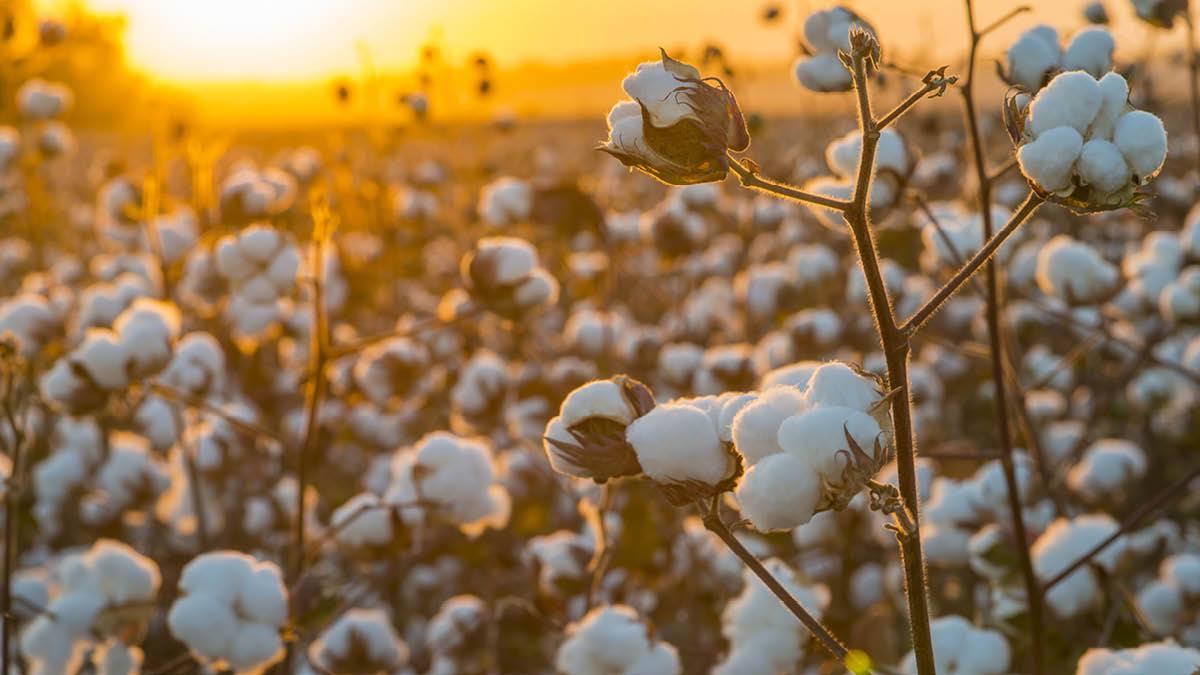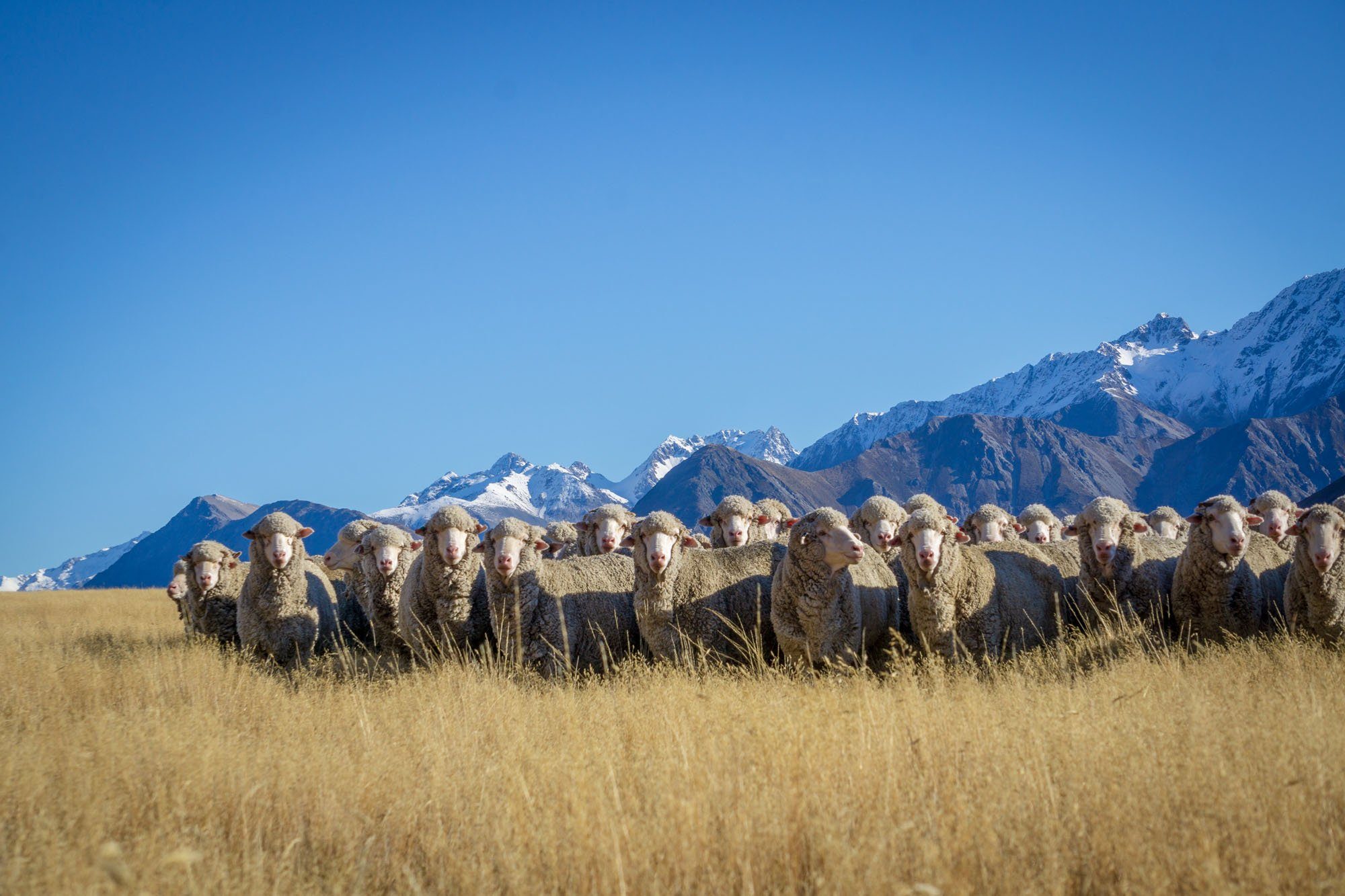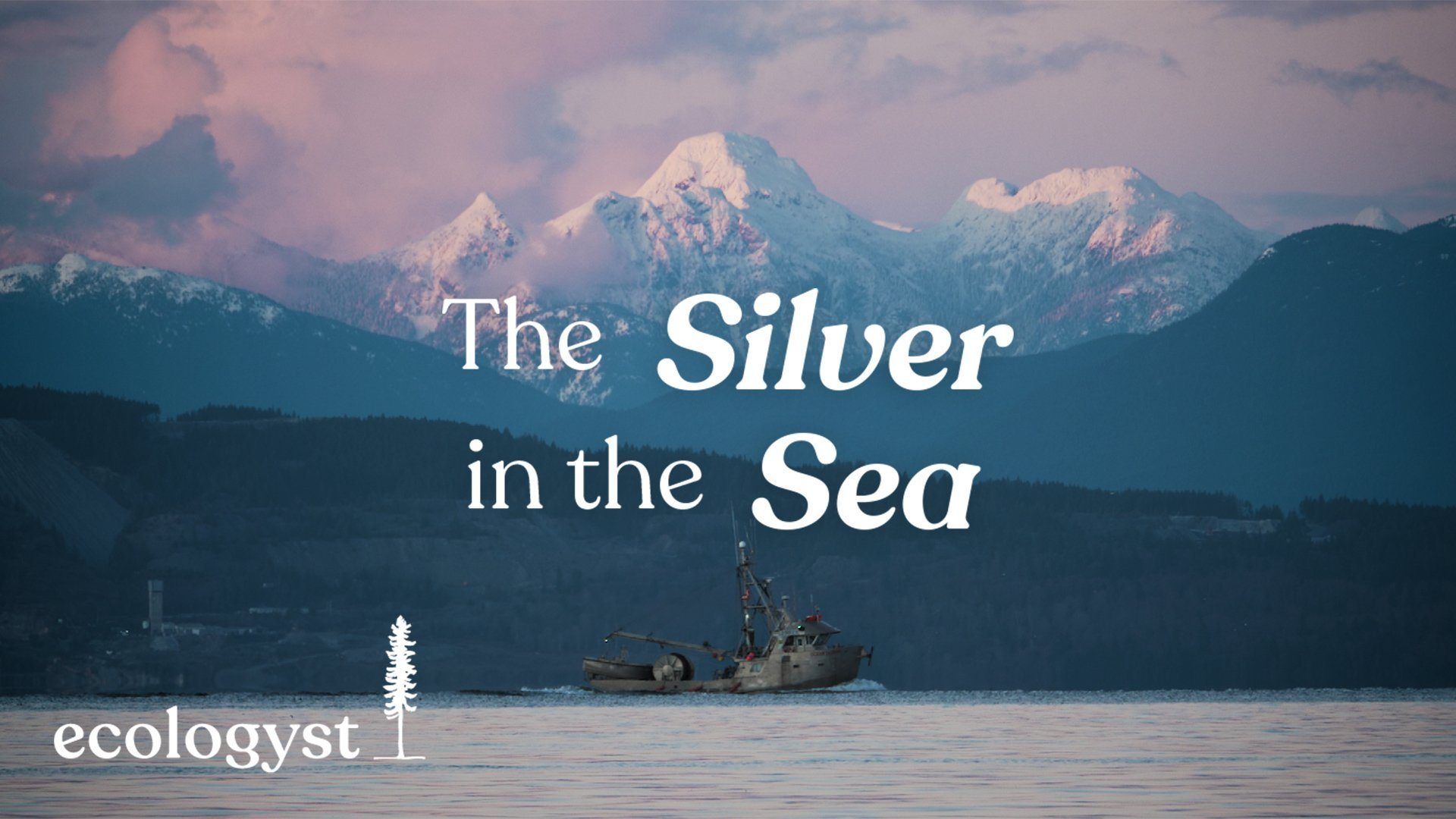You rise with the sun, the fragrant aroma of your favourite coffee, a glance at the sky’s mood dictating the day’s adventure. The comfortable embrace of your softest cotton t-shirt is pulled over your head; you throw on the warmth of a cozy cotton sweater against the early morning air. An often taken-for-granted staple, versatile organic cotton is our go-to for surprisingly durable, lightweight layers for daily life between the ocean and the alpine.

White Gold
Similar to wool, cotton has a long, rich history across the globe. One of the world’s first recorded fibres was transformed into fabric as early as 3000 BC and even used by the Aztecs as currency. What is now a regularly overlooked piece of our grab-and-go attire, cotton during those times was literally worth its weight in gold.
But 21st century use of cheap cotton by big brands focused on fast fashion is an increasing subject of contention. Known as White Gold, conventional, unethical cotton has been considered “one of the dirtiest and thirstiest crops”. Its growth leans on large water reserves through intense irrigation methods, high energy use and field emissions, and harsh pesticides which are damaging to both people and the planet.
Yet hope is not lost for keeping this breathable, lightweight fabric as part of your wardrobe. Growers are returning to traditional, sustainable methods, even entertaining thoughts of reviving the use of unique natural cotton colours like rust, light purple, and brown. Join us in following our clothing supply chain from plant to product, part of our passion for reading clothing labels like food labels.

Opt for Organic
At ecologyst, you can rest easy knowing you’re actively choosing sustainable, low-impact alternatives to conventional cotton. As part of our commitment to leave it better than we found it, we use solely organic-certified cotton, milled, dyed, and finished right here in Canada.
Organic cotton meets a plethora of rigorous ecological and social criteria. For starters, there’s no use of genetically-modified seeds in production and no toxic chemicals and pesticides, all of which are harmful to biodiversity, local water supplies, and field workers’ health. Organic also means less water usage, averaging a whopping 88% less water than non-organic methods; it’s 80% rain-fed instead. Not to mention, similar results for energy use (62% less than conventional cotton), and socio-economic benefits like additional income, improved wellbeing, and Fairtrade-certification.

Sweater Weather
We all have a favourite soft sweater, a go-to t-shirt to throw on for last-minute plans — chances are they’re made of cotton. But to make sure that love-at-first-wear feeling lasts and your ethical values remain intact, it’s organic cotton you want to go for. Renowned for yielding more durable fabrics and stronger yarn, plus best of all: it’s truly that much softer than conventional cotton. Choose exceptional levels of cushiness to support a lifetime of passion projects, post-surf brewery pit stops, and sustainable decisions.
Try our soft-to-the-touch Premium Tee for yourself. Layered under our genderless, relaxed fit Organic Pullover it’s the basis of our spring uniform. And we won’t deny pulling on our classic Organic Sweatpant for optimum comfort when working from home. Go one step further in support of eco-conscious clothing: join us in collaborating with important local campaigns. Our cotton, curved hem Herring Tee features a water-based screen print by visual artist Tasli Shaw. Look out for our new release of the Herring Tee to coincide with our Herring Documentary release!

Be sure to like and follow us on our Facebook and Instagram accounts. Don’t miss out on pre-releases, and new content we are working on for you — sign up for our email updates at the bottom of the page.


